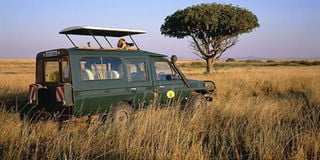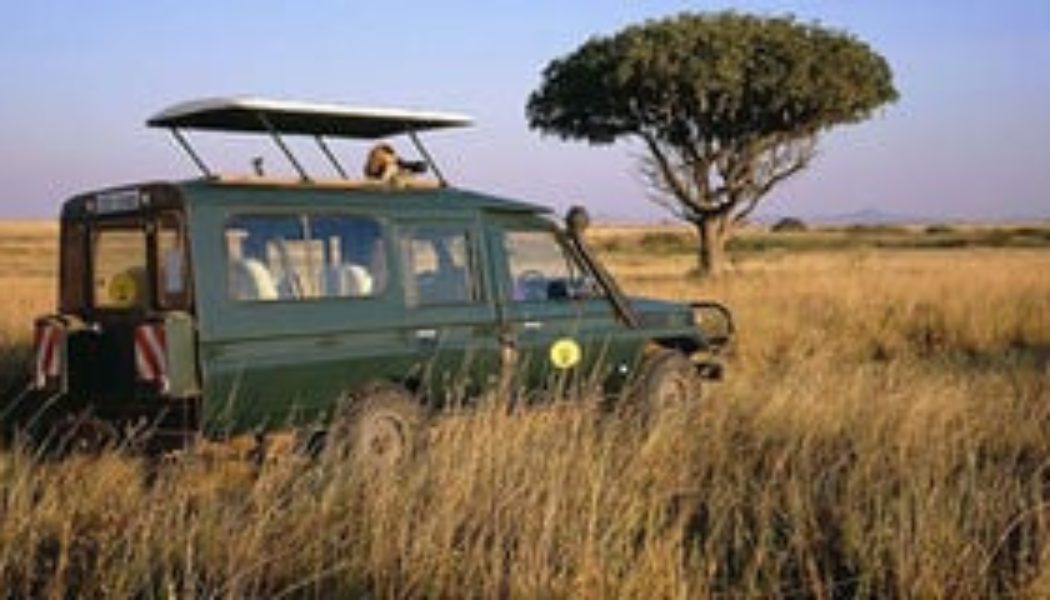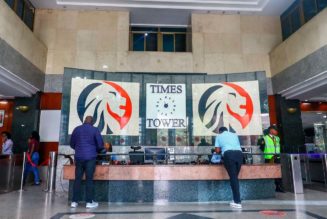Luxury lodges in Maasai Mara are fully booked, thanks to early reservations from international guests eager to watch the wildebeest migration, but more tourists have opted for Serengeti in Tanzania, which charges lower park entrance fees.
Kenya revised its Maasai Mara gate fees from $70 (Sh9,205) to $200 (Sh26,300) per person, a move that hoteliers and tour guides say is negatively impacting the peak wildebeest migration tourism season, which started in July.
Tanzania charges about $70 (Sh9,205) as park fees for Serengeti and Nyerere National Parks.
Harrison Nampaso, the chairman of the Mara Managers Association, says bed occupancy in the lodges currently stands at 70 percent.
Sh26,300 fee
“The park fees have increased from $70 (Sh8,988) to $200 (Sh26,300) which is a challenge,” he says.
Fred Odek, chairman of the Kenya Association of Tour Operators and Kenya Tourism Federation adds that this year’s arrivals to the Maasai Mara are lesser than the previous years.
“Indications are that the visitor numbers are still high, although not as high as we would have traditionally expected.
“Several operators have reported diversion of safaris to Tanzania on account of the increase in park fees from $70 to $200 per person per day,” he says.
Felix Migoya, a licensed safari guide and the president of East Africa Tour Guide and Drivers Association Tour Guide blames the low number of travellers this year for the increased park fees.

Tourists at the Serengeti National Park in Tanzania.
Photo credit: File| Nation Media Group
“The park has less traffic, there are lodges that still have space unlike the previous years where the Mara is usually fully booked at this time.
“Lower park fees would entice tourists to visit Maasai Mara and Kenya in general and further improve tourist arrivals to surpass the previous record,” he says.
Luxury tents fully booked
However, luxury tented camps, such as Angama, Mahali Mzuri, Sarova Mara Camp, and Ol Seki Hemingways Mara, says that even though last year was busier than this season, their lodges are fully booked.
“We’re busy at Mahali Mzuri with guests.
“Our camp was safe from the floods [the May floods, which swept off hotels and animals], and that too is an added advantage to us as all our activities went on as usual,” says Mariana Kathini, the manager Mahali Mzuri Camp.
Sarova Mara Camp general manager Jayne Kiragu notes that despite the heavy rains that swept away some camps and ongoing political demonstrations, their bookings are impressive.
“The camp, which has 75 tents including family tents, is fully booked for the next three months,” she says.
The tourists who frequent Mara during this season come from Britain, Germany, India, Dubai and Kenya.
The annual wildebeest migration takes place from July to October.
The tourists come to watch the wildebeests – an estimated 1.3 million of them – but they are usuallly joined on their migration journey by 200,000 zebras, 350,000 gazelles and 12,000 elands.
Cancellations
The managing director for Hemingways Travel, Joseph Kithitu, says Ol Seki Hemingways in Maasai Mara has also received numerous booking requests for safaris across Kenya and the rest of the region.
“The main challenge has been securing accommodation, leading to putting some customers on a waitlist as we search for availability,” he observes.
He adds that international tourists had already booked over the year to experience the wildebeest migration, but the anti-government protests have also led to cancellations, affecting the numbers this year.
Other challenges affecting this year’s migration season include the macro environment, he observes.
“The macro environment hasn’t been that good for domestic travellers and global clients to increase their travel budgets.
“High interest rates, unstable foreign currency and exchange rate fluctuations have hurt this year’s migration tourist arrivals,” he says.
Over-tourism
For tour companies like Intrepid Travels, they have received a 20 percent increase in bookings compared to last year. One of the challenges, though, has been over-tourism.
“You find many vehicles surrounding a lion or cheetah and game drive vehicles going off track to provide tourists with a better view of animals.
” I don’t think the increase in park fees will resolve this issue and improve the park, as the park still has travellers coming to view wildlife.
“We need sustained enforcement of park rules by authorities,” says Samuel Karani, general manager at Intrepid East Africa.









